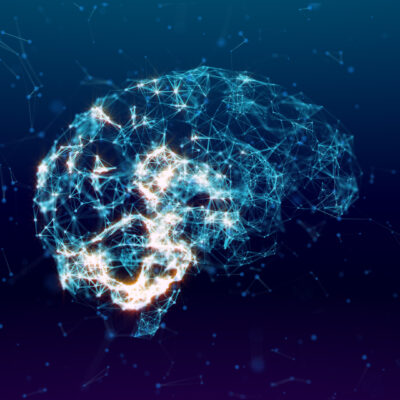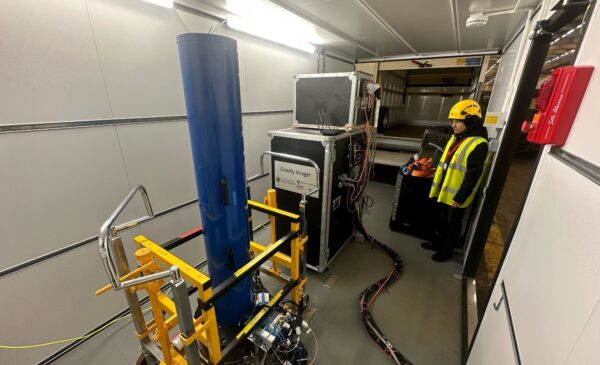We are delighted to announce that the Institute of Physics (IoP) have awarded Silver Subject Medals to two UK Quantum Technology Hub Sensors and Timing researchers at the University of Nottingham.
Professor Penny Gowland, Co-Investigator for the Magnetometry for Healthcare work stream at the UK Quantum Technology Hub Sensors and Timing, has been awarded the 2020 Peter Mansfield Medal and Prize for her major contributions in developing novel techniques for quantitative Magnetic Resonance Imaging (MRI) to enable innovative, non-invasive investigations into human anatomy and physiology.
Among many examples of her outstanding research breakthroughs, Professor Gowland developed a series of novel MRI measurements for studying the function of the gastro-intestinal (GI) tract.
These have improved our understanding of the physiological response to feeding, including how the formation of food can affect the sense of satiety. These methods have provided powerful objective ways of assessing functional GI disorders such as Irritable Bowel Syndrome (IBS) and other diseases such as cystic fibrosis.
Mapping brain activity with portable technology is a key part of the Quantum Technology Hub’s research, and Professor Richard Bowtell, also a Co-Investigator at the Hub, has been awarded the 2020 James Joule Medal and Prize for his work in developing technology for biomedical imaging.

In addition to a broad body of work that has pushed the capability of MRI to higher field and diagnostic power, Professor Bowtell and colleagues have developed a unique wearable system that allows brain mapping to be carried out during experiments in which the subject is free to move, opening up a range of new brain-mapping experiments and studies of previously inaccessible subject groups. The system depends on a technology called magnetoencephalography (MEG), which maps magnetic fields outside the scalp generated by brain activity.
Professor Gowland said: “I am very honoured to have been awarded the Sir Peter Mansfield Medal, particularly since I had the pleasure of working for Peter Mansfield early in my career. This award recognises the generous support I have received from many colleagues from different disciplines over the years. It is very exciting to now be using quantum technology sensors to provide a new method of studying the function of the human body.”
Professor Bowtell said: “It is a great honour to receive the James Joule medal. The award is definitely testament to the support of a fantastic set of colleagues, who I have had the pleasure of working with during my career. The backing of the UK National Quantum Technology Hub Sensors and Timing has been crucial for our recent success in developing a wearable MEG system.”
The UK Quantum Technology Hub Sensors and Timing (led by the University of Birmingham) brings together experts from Physics and Engineering from the Universities of Birmingham, Glasgow, Imperial, Nottingham, Southampton, Strathclyde and Sussex, NPL, the British Geological Survey and over 70 industry partners. The Hub has over 100 projects, valued at approximately £100 million, and has 17 patent applications.
The UK National Quantum Technologies Programme is delivered by UK Research and Innovation, the Department for Business, Energy and Industrial Strategy (BEIS), National Physical Laboratory (NPL), Government Communications Headquarters (GCHQ) and the Defence Science and Technology Laboratory (Dstl).




